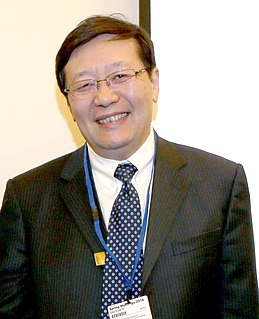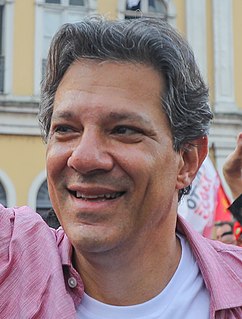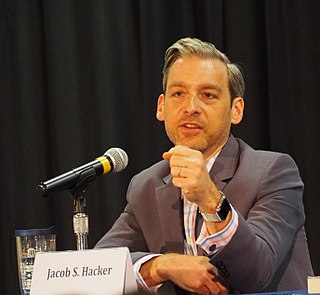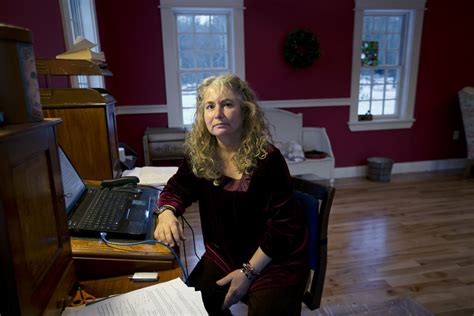A Quote by Lou Jiwei
Everyone knows the U.S. economy shouldn't be so reliant on consumption. More investments should be made.
Quote Topics
Related Quotes
Lula's political culture translated into a government project that sought to include the poor in the budget with minimal efforts in terms of structural transformation. The inclusion of the poor would trigger the economy, creating a virtuous cycle of mass consumption market, increased tax collection, more investments, and more benefits.
The illusion that consumption - and its correlative, income - is desirable probably stems from too great preoccupation with what Knight calls "one-use goods," such as food and fuel, where the utilization and consumption of the good are tightly bound together in a single act or event. ... any economy in the consumption of fuel that enables us to maintain warmth or to generate power with lessened consumption again leaves us better off. ... there is no great value in consumption itself.
I think President Barack Obama is going to be treated very, very well by history in terms of his ability to save the economy. And that's certainly true in rural areas. The unemployment rate is substantially reduced, the poverty rate is down, and in large part because of the investments that were made during the Recovery Act and thereafter, historic investments.
Obama is already setting a new historic course by reorienting the economy from private consumption to public investments... Rightwing pundits bemoan the evident intention of Obama and team to 'tell us what kind of car to drive'. Yet that is exactly what they intend to do...and rightly so. Free-market ideology is an anachronism in an era of climate change.
If you look at how the US economy has suffered over the last 15 or 20 years, it's in significant part because we haven't done the investments in research and development and infrastructure and other public goods that are necessary for our growth. And, unfortunately, we're going to be feeling that overhang for a long time to come, because it's the investments we made in the 1950s and '60s and '70s that result in some of the greatest technological breakthroughs that we enjoy today.
We need to enact comprehensive immigration reform, to bring people out of the shadows and empower them to more fully and freely participate in their communities and the economy. And we need to invest in our nation's deteriorating infrastructure - investments that would create jobs and benefit all sectors of the economy.


































